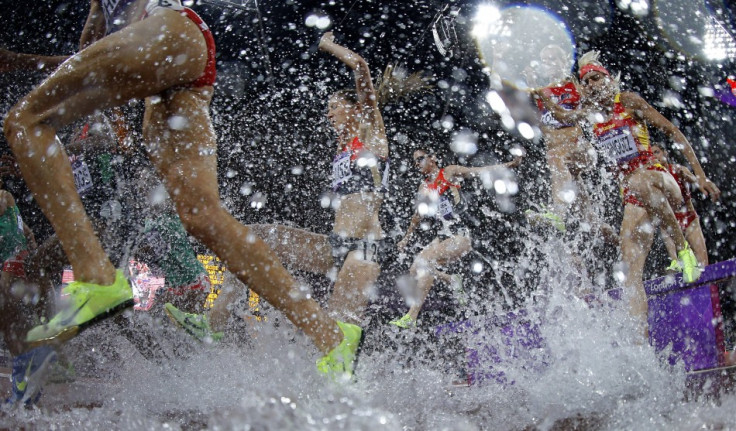Mind Games Push Athletes Beyond Their Limits

New research shows athletes can be tricked into beating their personal best if they are told they are performing worse than they are.
The technique helps athletes overcome an artificial performance limit set by the brain, which normally protects the body from exhaustion and injury.
It was tested on 14 competitive male cyclists who took part in four km time trials.
The findings have been presented at the American College of Sports Medicine's annual meeting in Orlando, Florida.
Ren-Jay Shei, who led the research at Indiana University, said: "The idea is that there's some sort of governor in your brain that regulates exercise intensity so you don't overheat or run out of gas, so to speak."
For each session the athletes rode stationary bikes, displaying speed and power output readings on monitors located on the handlebars.
At one of the trials the cyclists had computer monitors showing their current session's stats and their baseline performance - but in one of the sessions the baseline figures were inflated to 102 per cent.
It was during this deception session that most cyclists improved their performance and group average speed rose by 2.1 per cent over baseline. "This helps us understand how the body protects itself during exercise," Shei said.
Scientists believe the body can tap into residual reserve of energy despite an athlete's brain telling them that they are working at their maximum exertion levels.
© Copyright IBTimes 2025. All rights reserved.






















